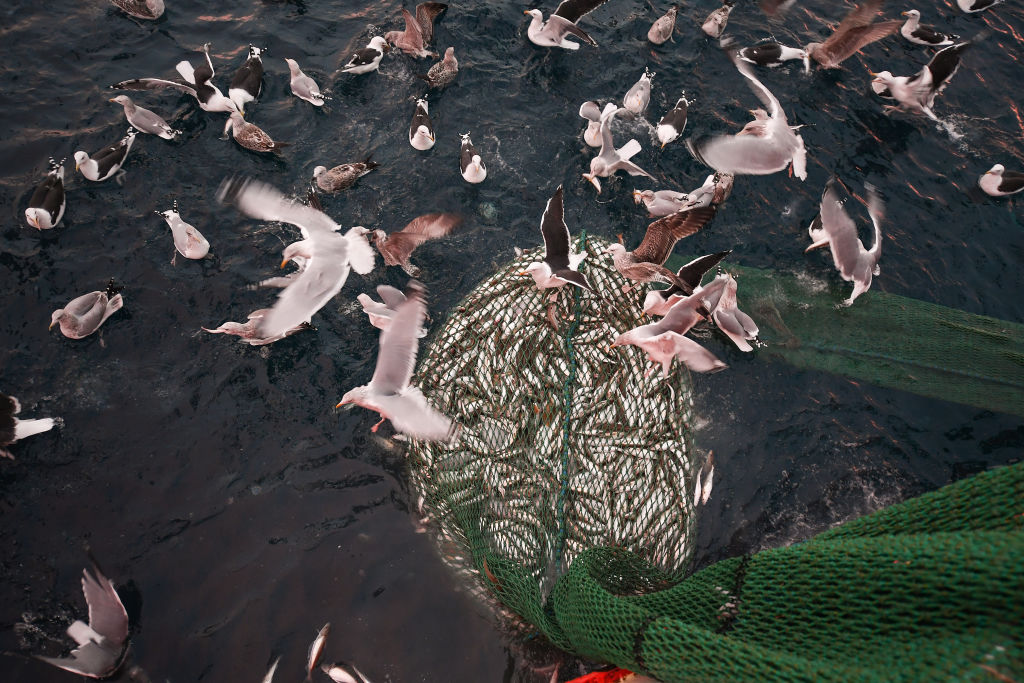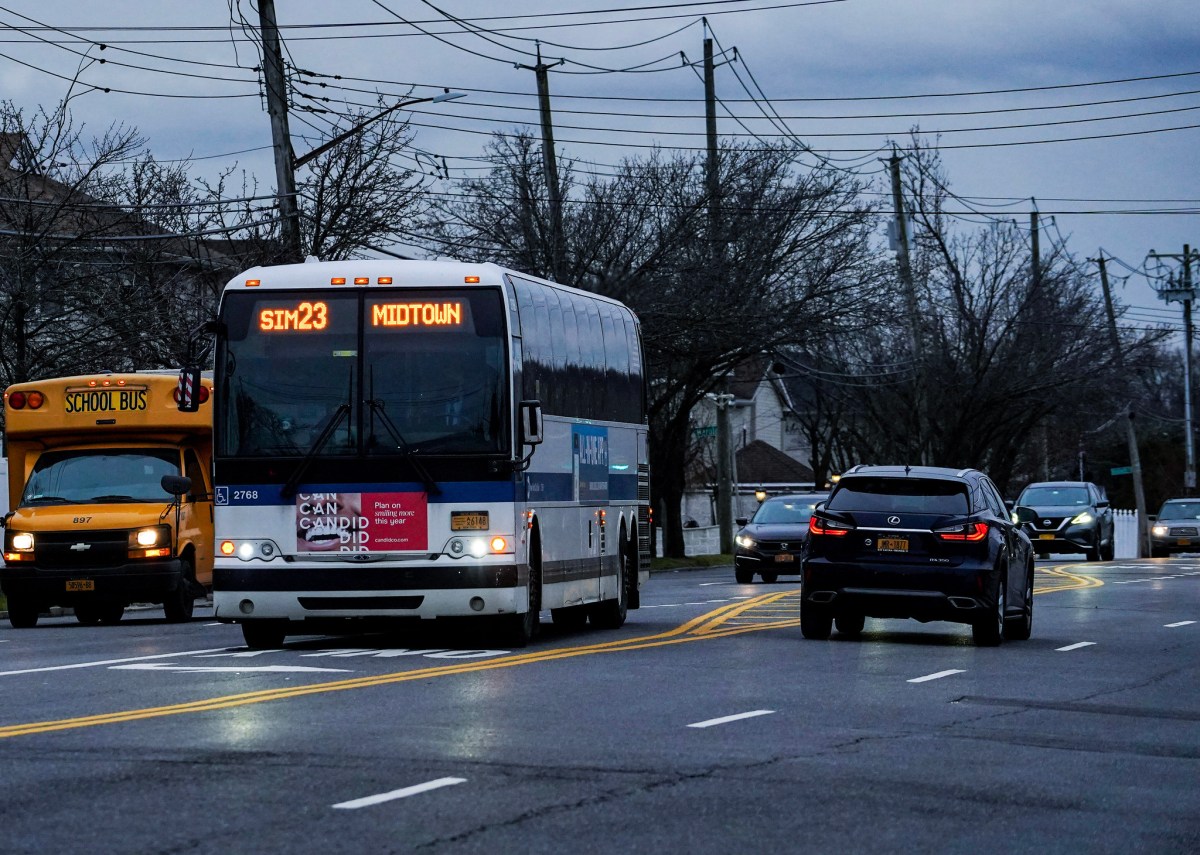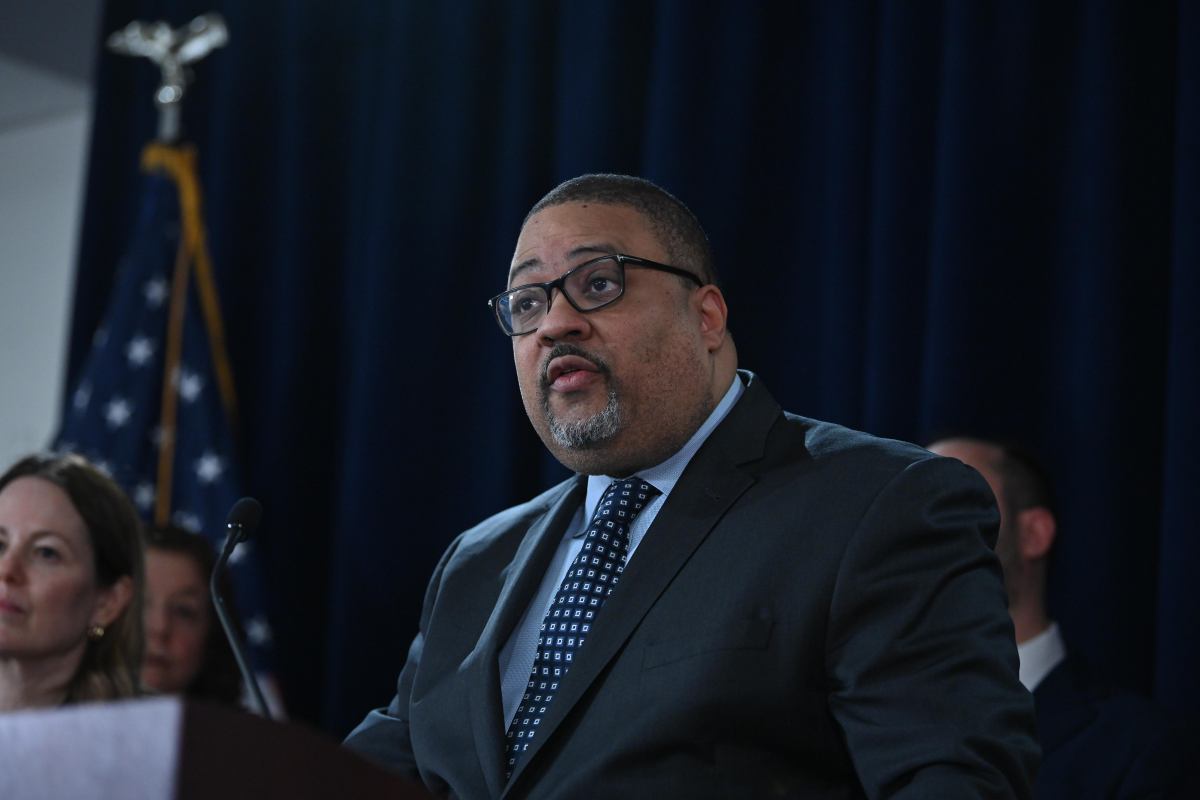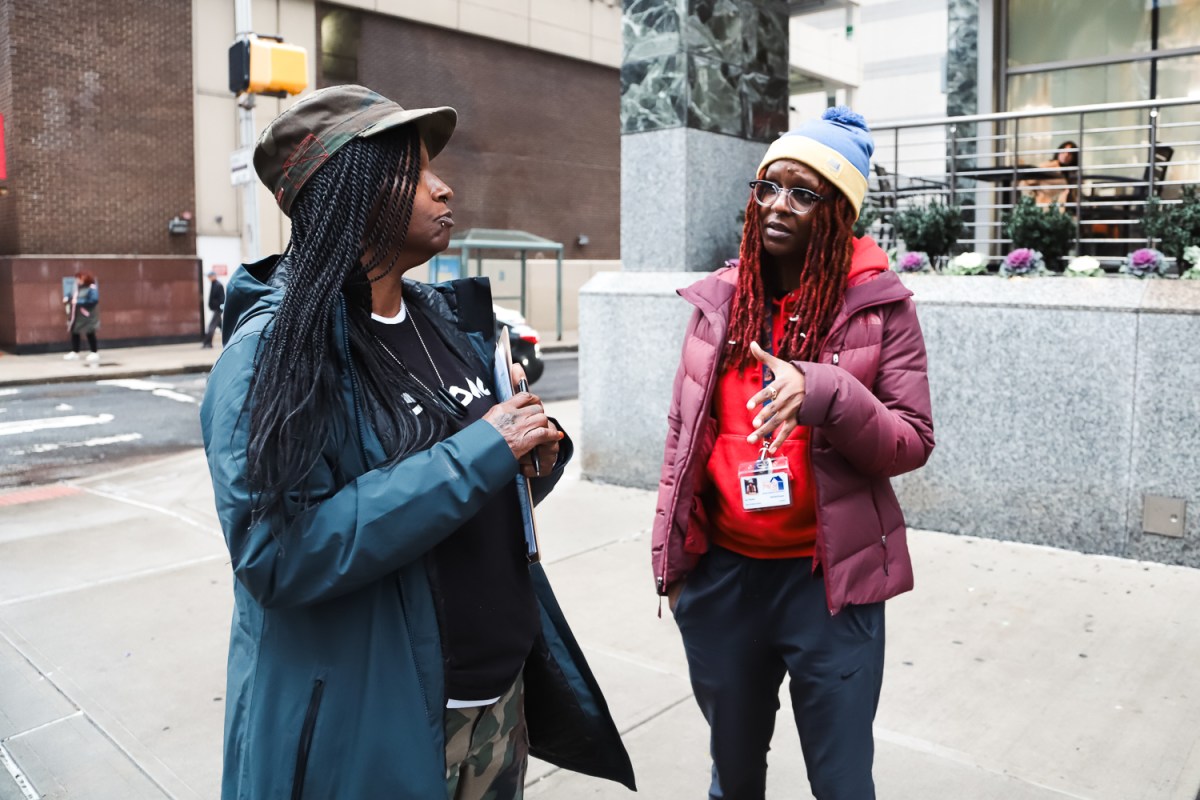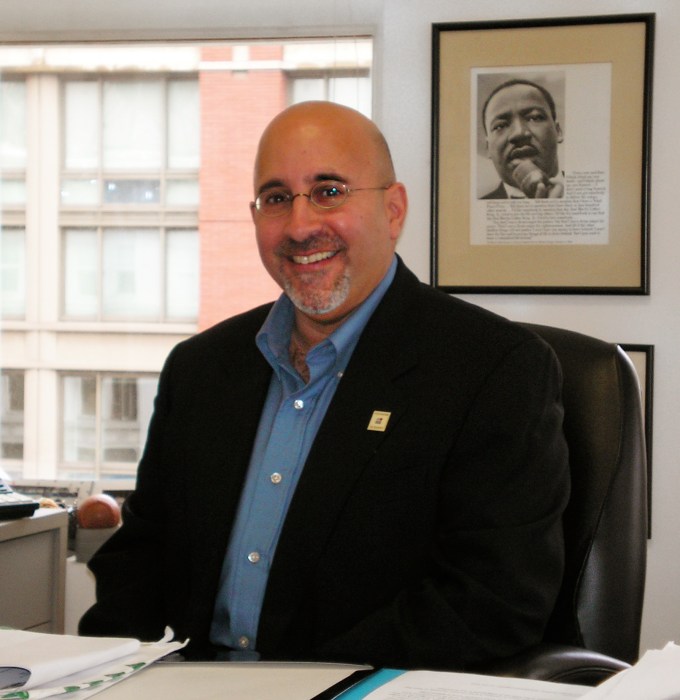Claiming that outdated information is cheating New York fisherpeople of their share of the national catch, the state of New York is suing the federal government for unfair fishing quotas for fluke, or summer flounder, catching. According to Governor Andrew Cuomo and Attorney General Letitia James, the Mid-Atlantic Fishery Management Council is still using data from the 1980s to determine which states get to fish how much.
“The federal government’s reliance on inaccurate and outdated data to set limits on commercial fluke fishing in New York is a direct threat to our state’s fishing industry,” AG James stated. “This suit asks that the federal government use the best available science to allocate fluke fishing quotas, and to ensure that New York’s fishermen and women are no longer denied their fair share of the permitted catch.”
New York has previously attempted to get at the problem through other channels, including making direct requests and petitioning the US Department of Commerce to update their quota data. Only after four years of unsuccessful lobbying has pushed the state to the resort of suing the federal government.
According to some, other states may be to blame for quotas Cuomo describes as unfair.
“For years New York’s delegates to the Mid-Atlantic Fishery Management Council and the Atlantic States Marine Fisheries Commission have tried to negotiate a revised allocation system,” said Caption Anthony DiLernia, a member of said council, “only to be blocked by states that are unwilling to reexamine the quota distribution out of fear of losing a small portion of their quota.”
Research indicates that climate change has driven schools of summer flounder farther north to colder water, increasing the amount of fluke in New York waters relative to other, southern states. Research also indicates that, while flounder populations are not at risk to the same degree they were in the 1990s, they are being overfished.
“The federal government has turned a blind eye to low quotas and restrictive inter-state fishery management plans that are putting unreasonable limits on New York’s commercial fishing industry,” said Basil Seggos, Department of Environment Conservation commissioner.

